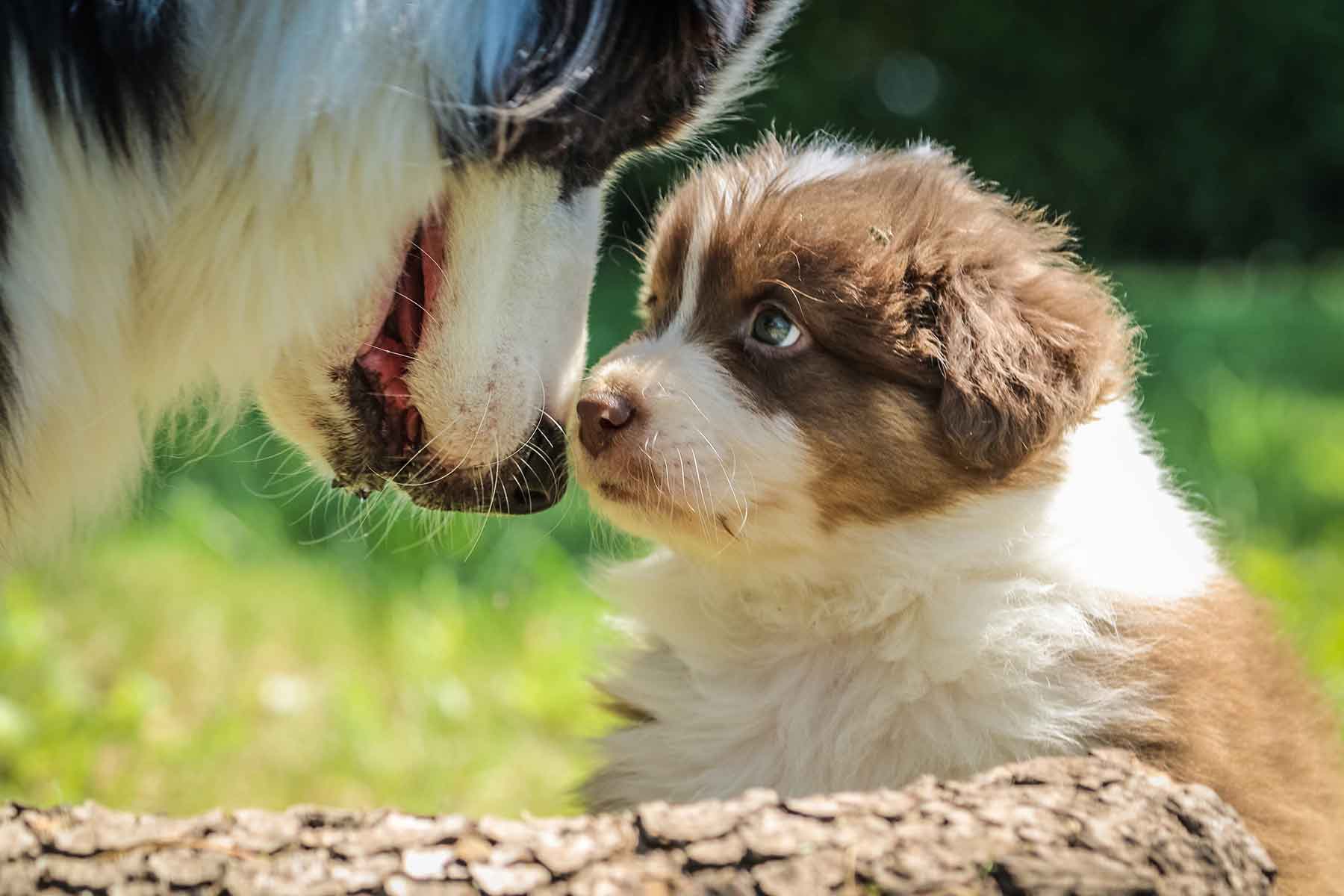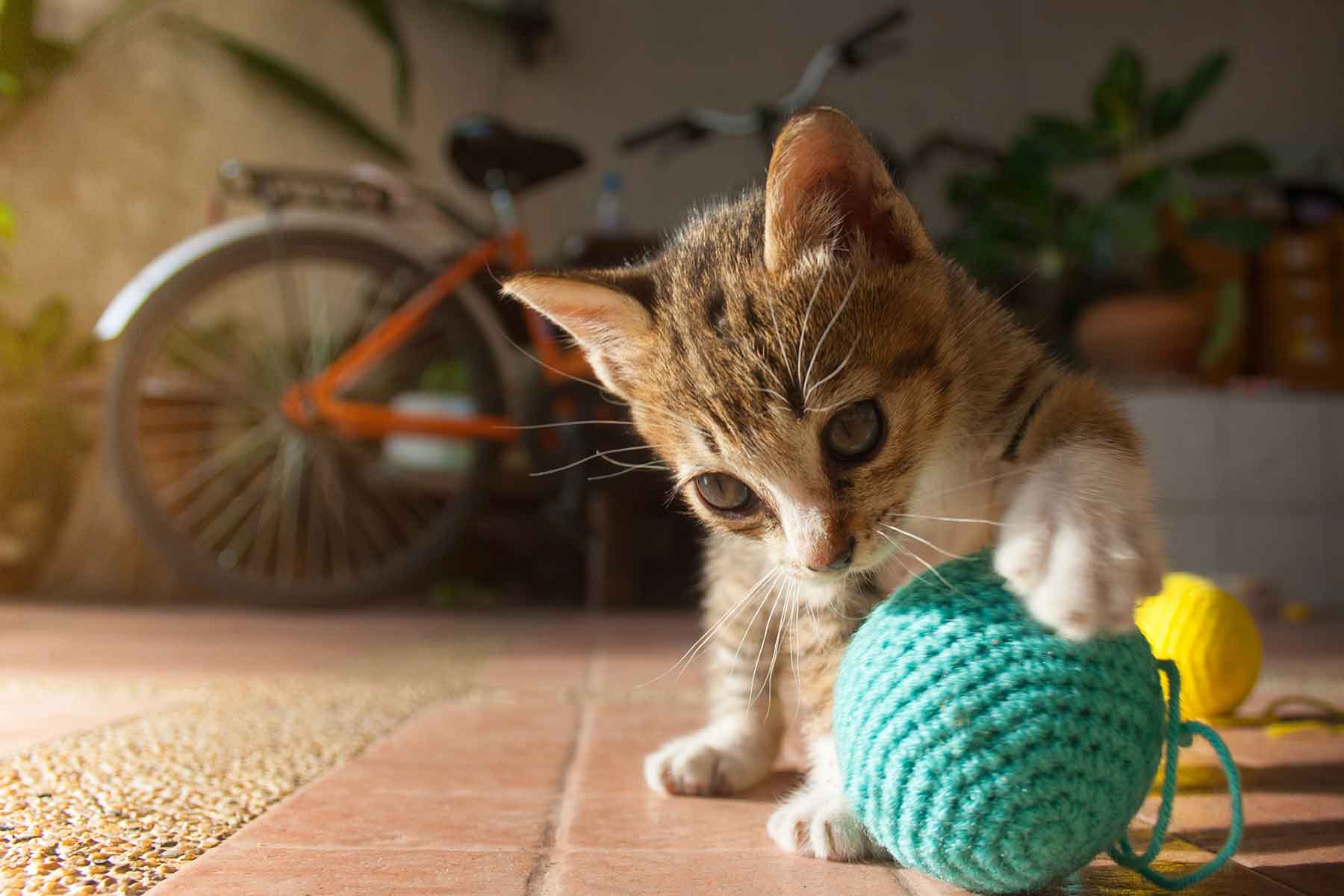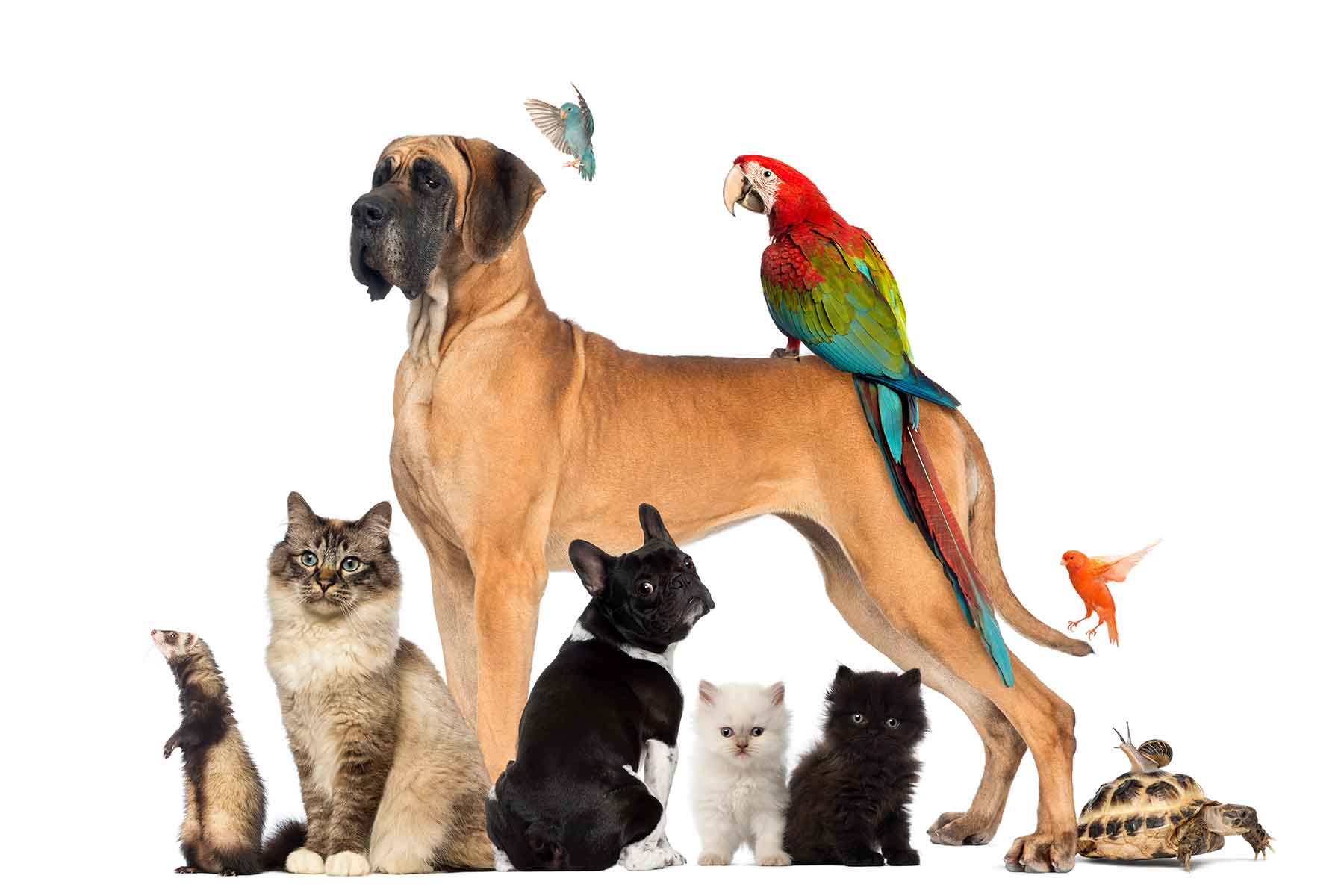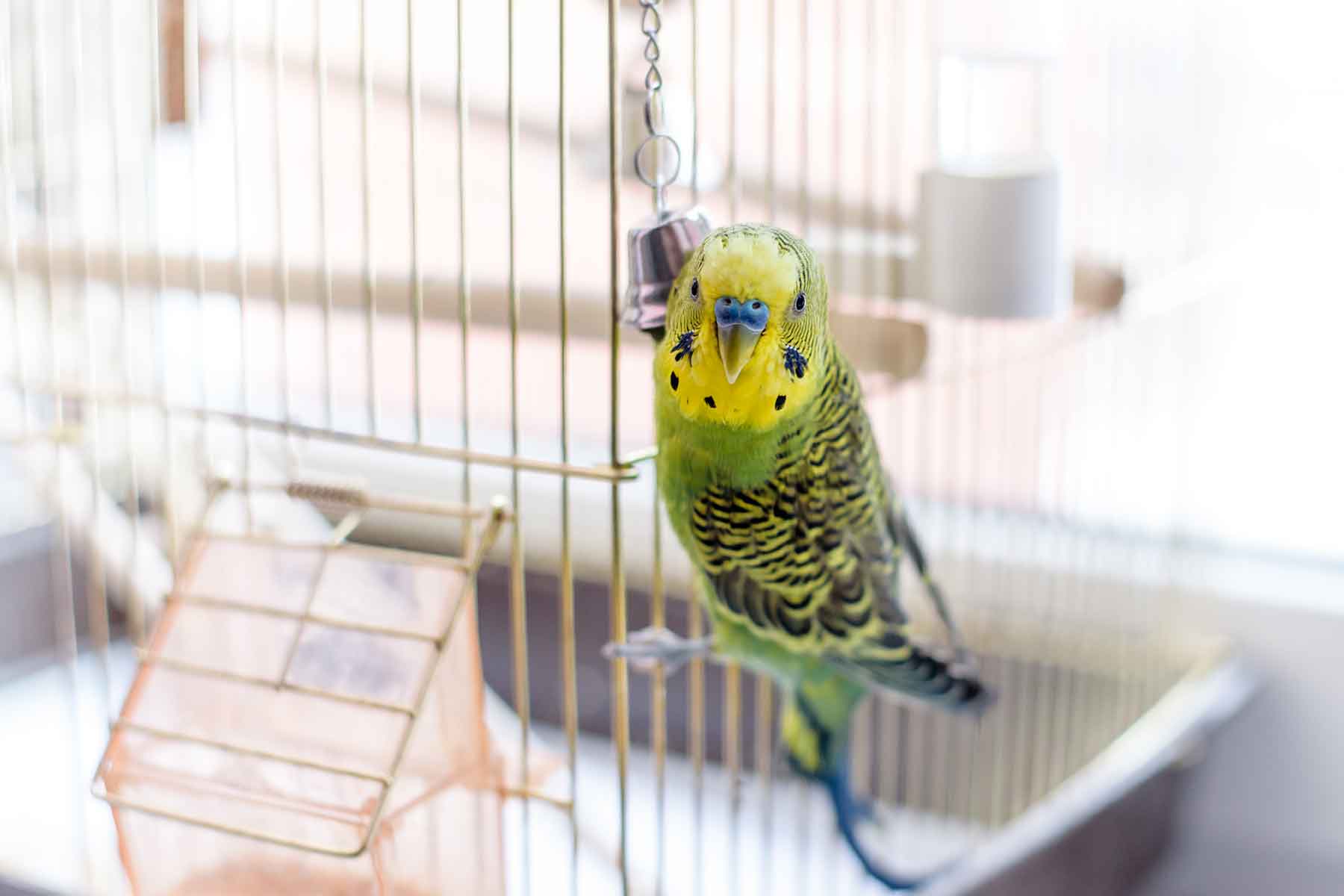Many theories have been proposed as to why dogs and cats eat plants. One of the more common theories is that dogs, in particular, use grass for medicinal purposes to help them vomit. Other claims include eradicating intestinal parasites, a result of a dietary deficiency or just because they enjoy the taste of it.
In 2008 a team of researchers from the University of California including Benjamin L Har, Drs Karen Sueda and Kelly Cliff conducted a series of surveys on pet owners including a web based survey targeting owners of plant-eating dogs. Over 1500 pet owners with dogs that actually ingested plant material answered the survey and they discovered the following:-
- Sixty-eight percent of the respondents said their dogs ingest plants on a daily or weekly basis.
- Eight percent of the respondents reported that their dogs frequently show signs of illness before plant eating.
- Twenty-two percent reported that their dogs regularly vomit afterward.
- Of the plant-eating dog population, younger dogs ate plants more frequently than did older dogs and were less likely to appear ill beforehand or to vomit afterward.
- If dogs showed signs of illness before eating plants, they were more likely to vomit afterward than dogs that did not show signs of illness beforehand.
- Diet (ie raw food, table scraps, and commercial food) played no role in whether or not a dog was a plant eater.
In summary, the researchers found that grass eating is a common behaviour in normal dogs, is often unrelated to illness and dogs do not regularly vomit after consuming plant material.
In a separate study preliminary findings suggest that plant eating is less common in cats than in dogs.
With these findings in hand, we ask all pet owners to be extremely careful when using pesticides, fertilisers and herbicides on or near plant material which is accessible to your pets. Also if you are planting new plants in your garden please check carefully that they are non-toxic to pets.
If you find your pet is eating grass and is unwell please speak with our veterinary healthcare team as other underlying problems may exist.











